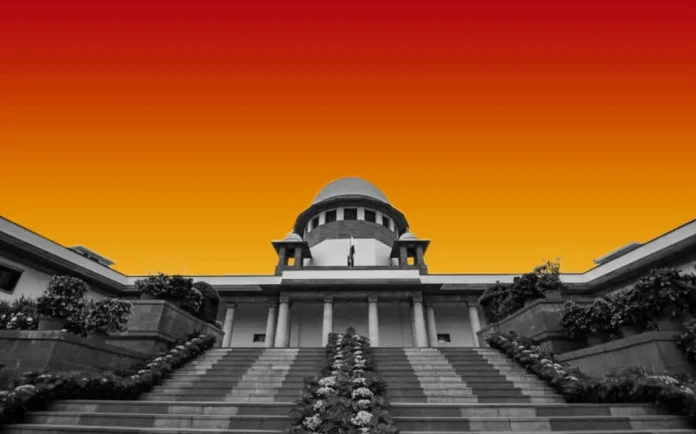The Supreme Court on Monday orally observed that secularism has always been held to be a part of the basic structure of the Constitution.
The Bench of Justice Sanjiv Khanna and Justice Sanjay Kumar made the observation while hearing a batch of petitions challenging the inclusion of the words “socialist” and “secular” in the Preamble to the Constitution as per the 42nd Amendment.
The Bench orally observed that a number of judgments delivered by this court have held that secularism has always been a part of the basic structure of the Constitution.
If one looked at the right to equality and the word fraternity used in the Constitution as well as the rights under Part III, there was a clear indication that secularism has been held as the core feature of the Constitution. Unlike the French model of secularism, India adopted a new model of secularism, it added.
The petitions, challenging the amendment to the Preamble, have been filed by Balram Singh, senior BJP leader Dr. Subramanian Swamy and Advocate Ashwini Kumar Upadhyay.
The Apex Court asked the petitioners during the hearing, if they did not want India to be secular.
Advocate Vishnu Shankar Jain, appearing for petitioner Balram Singh, contended that the petitioner was not saying that India was not secular. It only challenged this amendment. He quoted Dr. Ambedkar as saying that the inclusion of the word “socialism” would curtail personal liberty.
The Bench then responded that socialism could also mean that there should be equality of opportunity and that the wealth of the country should be distributed equally. It said the Western meaning should not be taken into consideration here.
Advocate Upadhyay argued that India has been secular since time immemorial.
Noting that the Preamble was a declaration made on November 26, 1949, Swamy said that adding further words to it through a subsequent amendment was arbitrary. It was wrong to depict that as per the present Preamble, the Indian people agreed on November 26, 1949, to make India a socialist and secular republic, he added.
The Bench said that the words added by the amendment were separately marked by brackets and hence, it was clear to everyone that they were added by the 1976 amendment. The words like “unity” and “integrity” of the nation were also added by the amendment, it added.
Advocate Upadhyay argued that if such an amendment was approved, it would mean that in future, the Preamble could be amended to remove words like democratic.
The Apex Court then listed the matter for further hearing in the week starting from November 18.


